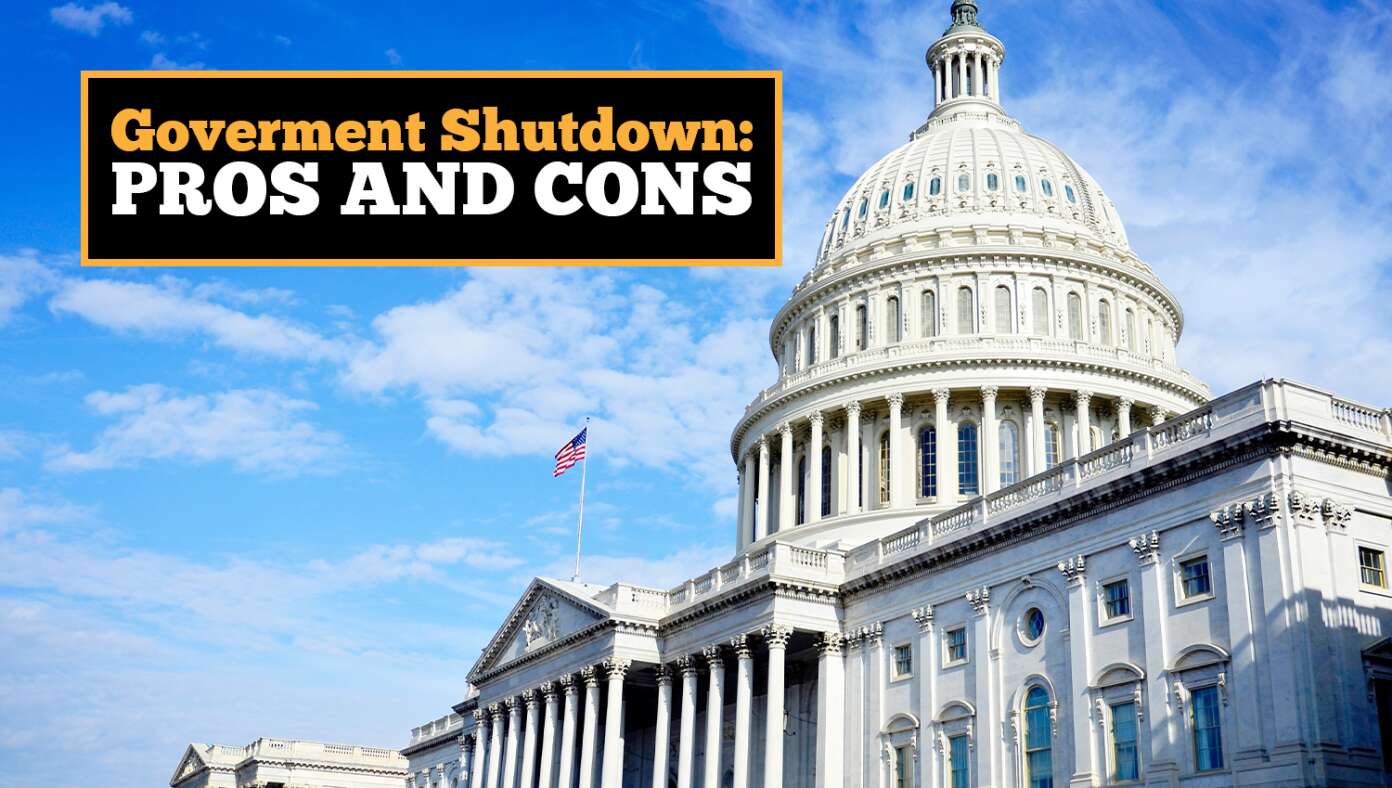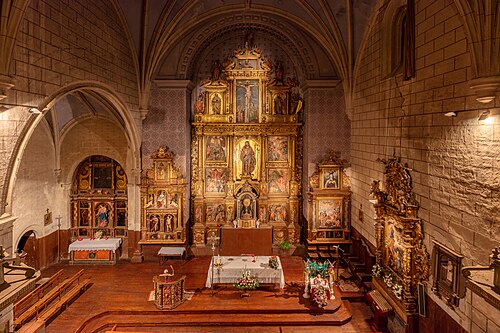
As the government shutdown continued into its fourth week, Americans from all parts of the country reported experiencing a wide range of feelings about it. While some said it did not affect their lives, others were more stressed.
Read More
As the government shutdown continued into its fourth week, Americans from all parts of the country reported experiencing a wide range of feelings about it. While some said it did not affect their lives, others were more stressed.
Read More
PERU, IL — Walgreens cashier Brent Hillside took a hiatus from his job this week after dealing with what he described as a strangely emotional customer who began sobbing uncontrollably when he asked him if he was a Walgreens Rewards member.
Read More